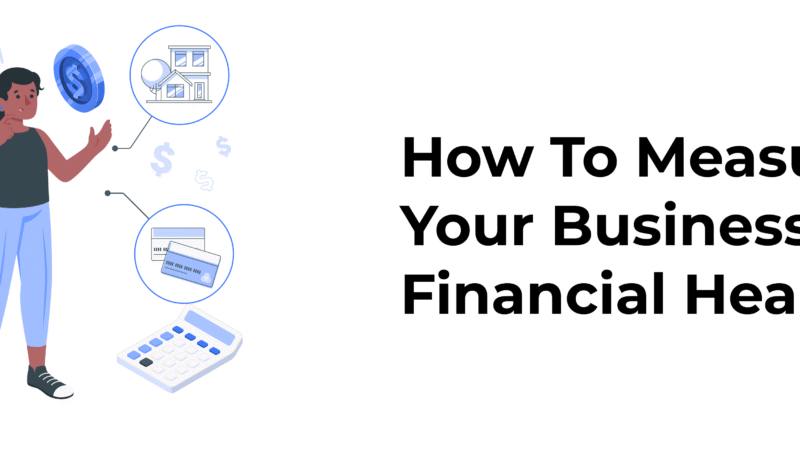Is It a Good Idea to Pay off Your Debts or Put Your Money in Fresh Investments?
Is It a Good Idea to Pay off Your Debts or Put Your Money in Fresh Investments?
Even though life is not all about money, in some way or the other our life revolves around making money. If you are at that juncture in life where you have to choose between paying off your debts or, putting the money in some lucrative investment, it could be pretty overwhelming. You need to look for the right answer. You are working hard for paying off your debt and when you pay off all your existing debts, you really feel happy and emancipated. Yet there is something that bothers you. Should you invest instead of paying down your debts? Let us explore the overall economic scenario to find the right answer to the question.

As per the recent data from the reliable NY Fed, today the total consumer debt is $13.2 trillion like never before. That implies that every American on an average has more than $40,000 in terms of student loans, mortgages, auto loans, and also, credit cards according to https://www.forbes.com that claims that so much debt could prove to be pretty overwhelming. The economy is under monumental pressure from financial obligations. The credit-driven economy in the United States had never been under such phenomenal financial pressure. With the economic scenario in mind let us examine a few things to consider while taking the decision to divert your funds toward paying down all your existing debts or investing in fresh projects. Besides, you could browse for learning more about perfect personal debt solutions so that you could manage your debts effectively. It is always a better idea to stay on top of your debts consolidation.
Do the Math
From a financial perspective, it is quite simple to understand which path to follow. You simply need to calculate and do a comparison of the precise cost of the debt to the anticipated investment return. In case the after-tax debt cost is relatively higher as compared to the after-tax return, you may consider paying off the debt. For instance, if you are having credit card debts at 8 percent interest, it is a good idea to pay them off unless you are earning over 8 percent after-tax. Contrary to this, suppose you have a mortgage with a low-interest that costs you 2.5 percent after-tax, you could let the mortgage be till you are earning over 2.5 percent after-tax.
Calculate the Return
It is generally no issue to calculate accurately all your debt costs. However, calculating returns on investment could be pretty challenging. If you invest in the stock market, for instance, there is absolutely no way for you to learn precisely how much you would be earning in a year or multiple years, in the market. That is a reason why it actually is not sensible to borrow for investing in the current stock market. However, there are always some exceptions. This could prove to be an exception in case of retirement plans which are offering a match. Suppose your employer is willing to match your 403(b) and 401 (k) contributions, it implies that you would be getting a 100 percent return on the amount you have invested. If you have to choose between paying off your credit card debts and contributing to this plan to get the match, it is a wise idea to divert your funds into the retirement plan.
Assess the Risk
You must necessarily assess the risk factor while opting for investments or paying off debts. Suppose you are thinking of paying off your debt which costs 8 percent, for instance, you would be saving that 8 percent. It would be a sensible decision to consider keeping that debt and investing in case you are able to earn anything over 8 percent and with a slight risk.
Suppose you have $10,000. There is an option for you to either pay off the home equity that presently costs you 3 percent or alternatively, you could give that $10,000 to someone as a loan who would be paying you 7 percent. This could work if everything is taking place without any issues. What would happen in case the borrower never returns the money to you? That’s a risk. There could be some more risks. What if your home equity interest rate goes up to 9 percent? What if there is a sudden financial crunch and you require that $10,000? You could be in trouble. You must consider your liquidity and cash flow situation while assessing investment risk.
Consider the Emotional Scenario
You know that there seems to be much more in life apart from money. However, you need to concern yourself about money when you have to choose between investing your money and paying off your existing debts. Maybe if you do meticulous calculations, you would be in favor of going for an investment and hold on to your debt. However, you need to know your exact feelings when you decide not to pay off the debts but give priority to investment. Would you feel far more relaxed and stress-free had you paid off your debts? Often the answer is a vehement yes. When that is actually the case, it is better you pay off the debts first and then you may consider investing sometime later. While making the decision to pay off your debt or investing, you must necessarily consider your risk tolerance levels, your balance, and of course, the numbers.
Conclusion
While setting financial objectives, it is best if you do not put all your extra money toward investing or becoming debt-free. You could consider dividing the extra money and addressing both. When you divide your endeavors, it makes things more difficult to score wins or maintaining momentum as you would not be eliminating debts that quickly or hitting investment milestones fast. You could take certain pro-active steps such as automating contributions toward investments and most importantly, automating debt repayments. The crucial thing is to identify the effective way of staying motivated and going on to make informed choices regarding how to use the excess money for getting the highest possible net worth eventually.





